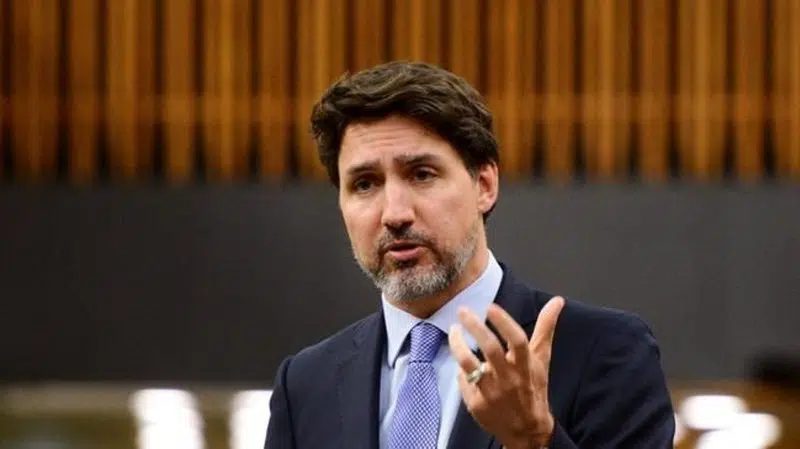
Trudeau urges peaceful end to blockades as Scheer says PM’s done ‘literally nothing’
OTTAWA — The spirit of reconciliation requires a “peaceful resolution” to the blockades that have kept rail traffic from operating across the country, Prime Minister Justin Trudeau said Monday, hours after Ontario Provincial Police began dismantling one in eastern Ontario.
Trudeau convened an early morning meeting of his cabinet’s incident-response group about an hour after the police moved in to take down barriers across the rail line on Tyendinaga Mohawk Territory in eastern Ontario, arresting several people in the process.
That meeting also came about 12 hours after Teck Resources Ltd. announced it was withdrawing its application to build a massive new oilsands mine in northern Alberta, a decision Conservative Leader Andrew Scheer said is entirely a result of Trudeau’s doing “literally nothing” to end the blockades for almost three weeks.
The blockades have gripped the government’s attention as Trudeau has tried to find a path forward that respects Indigenous rights as he has also called for the rule of law to be followed. The one at Tyendinaga was the most economically damaging but others have gone up intermittently on rail lines, roads and bridges from coast to coast.
